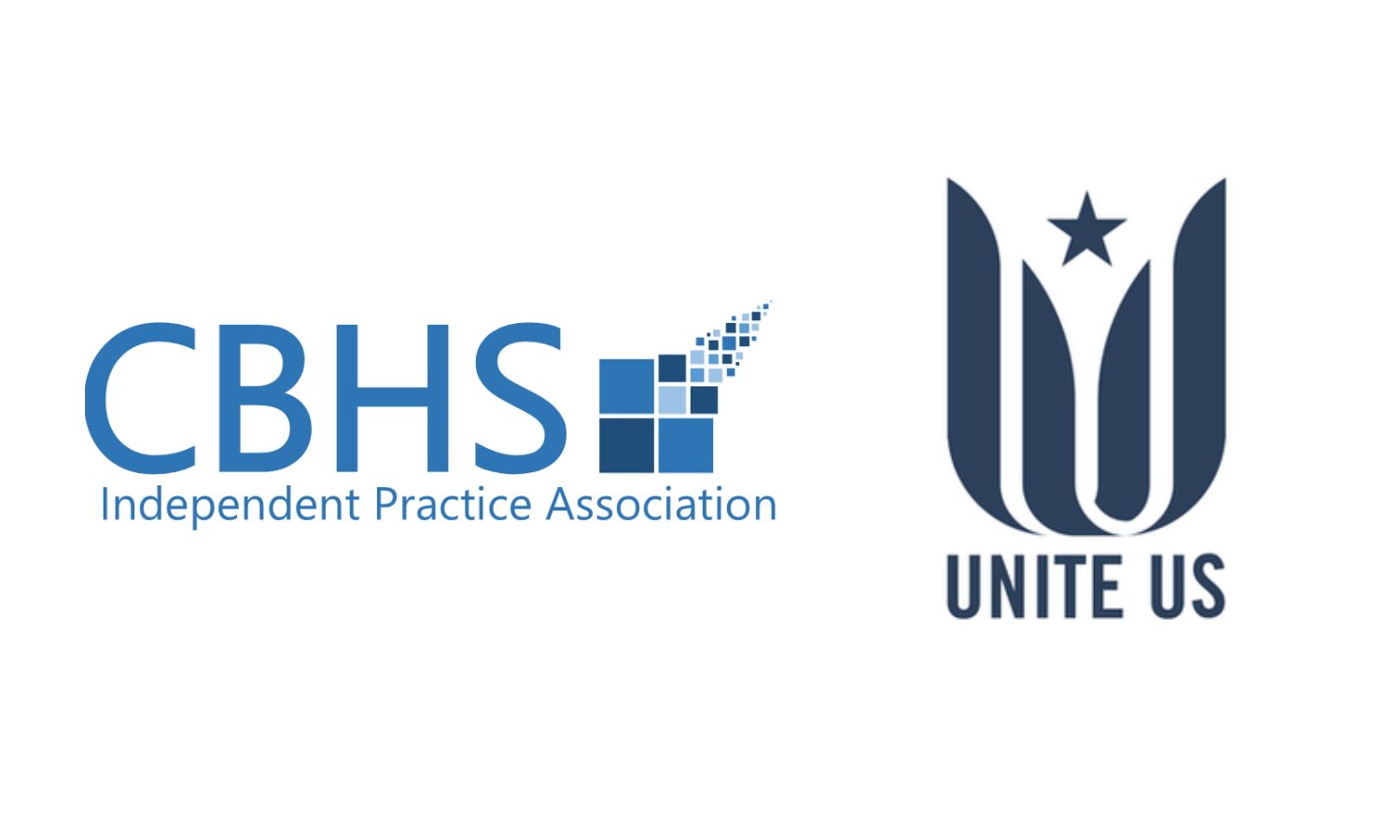Stigma against persons with mental illness has waned in recent years, as affirmed by a Harris Poll administered on behalf of the American Psychological Association. This poll found a significant majority of Americans (87%) believed there is no shame in having a mental health diagnosis, and a comparable proportion of respondents (86%) said they believed individuals with mental illness may recover (American Psychological Association, 2019). As promising as these findings are, however, they belie a disconcerting undercurrent that suggests stigma

We are very pleased to announce a recent addition to the Search for Change, Inc. Board of Directors! Jeffrey (Jeff) Zitofsky currently serves as Community Work Assistant for the Westchester County Office for People with Disabilities, a position that enables him to apply his extensive experience in advocacy, education, service coordination, benefits advisement,
Unprecedented rates of substance abuse and mental illness have afflicted nearly every segment of our population in recent years. This intractable public health crisis has led healthcare professionals, policymakers, and other stakeholders to reexamine longstanding assumptions concerning the underpinnings of behavioral health and to consider novel (and controversial) interventions. Individuals with comorbid mental illness and Substance Use Disorder (SUD) encounter additional obstacles to effective care and are at significantly greater risk of poor health outcomes and other adverse events. This

Coordinated Behavioral Health Services (CBHS), the most comprehensive behavioral health independent practice association in the Hudson Valley, and Unite Us, the nation’s leading software company that enables cross-sector collaboration to improve people’s health and well-being, are partnering to build a connected ecosystem of health and
To successfully navigate unprecedented epidemics of mental illness and substance use, we must address both an enduring workforce crisis and the myriad political and socioeconomic factors that undermine behavioral health, particularly for members of vulnerable populations. Many individuals with serious mental illness or substance use disorders are unable to access effective treatments for their conditions due to a marked shortage of qualified behavioral healthcare professionals and inadequate insurance coverage for the care they provide (not to mention insurers’ repeated failure to
